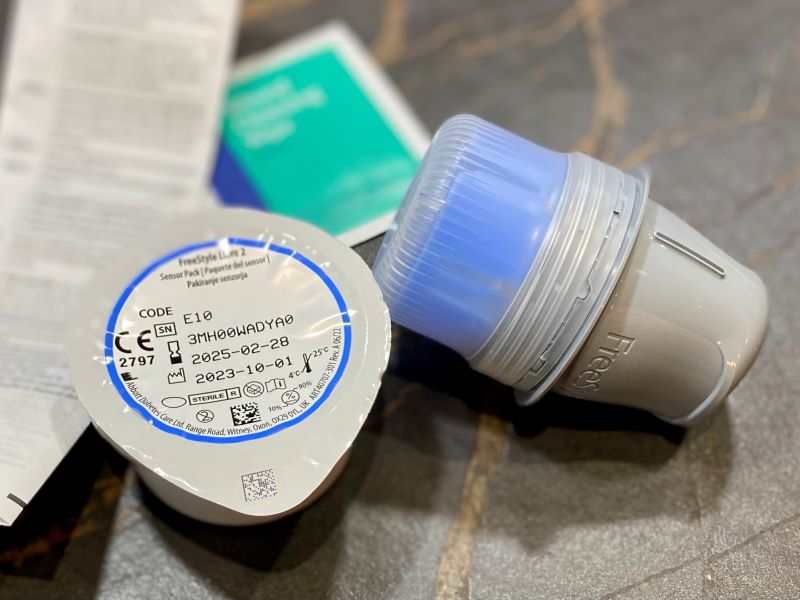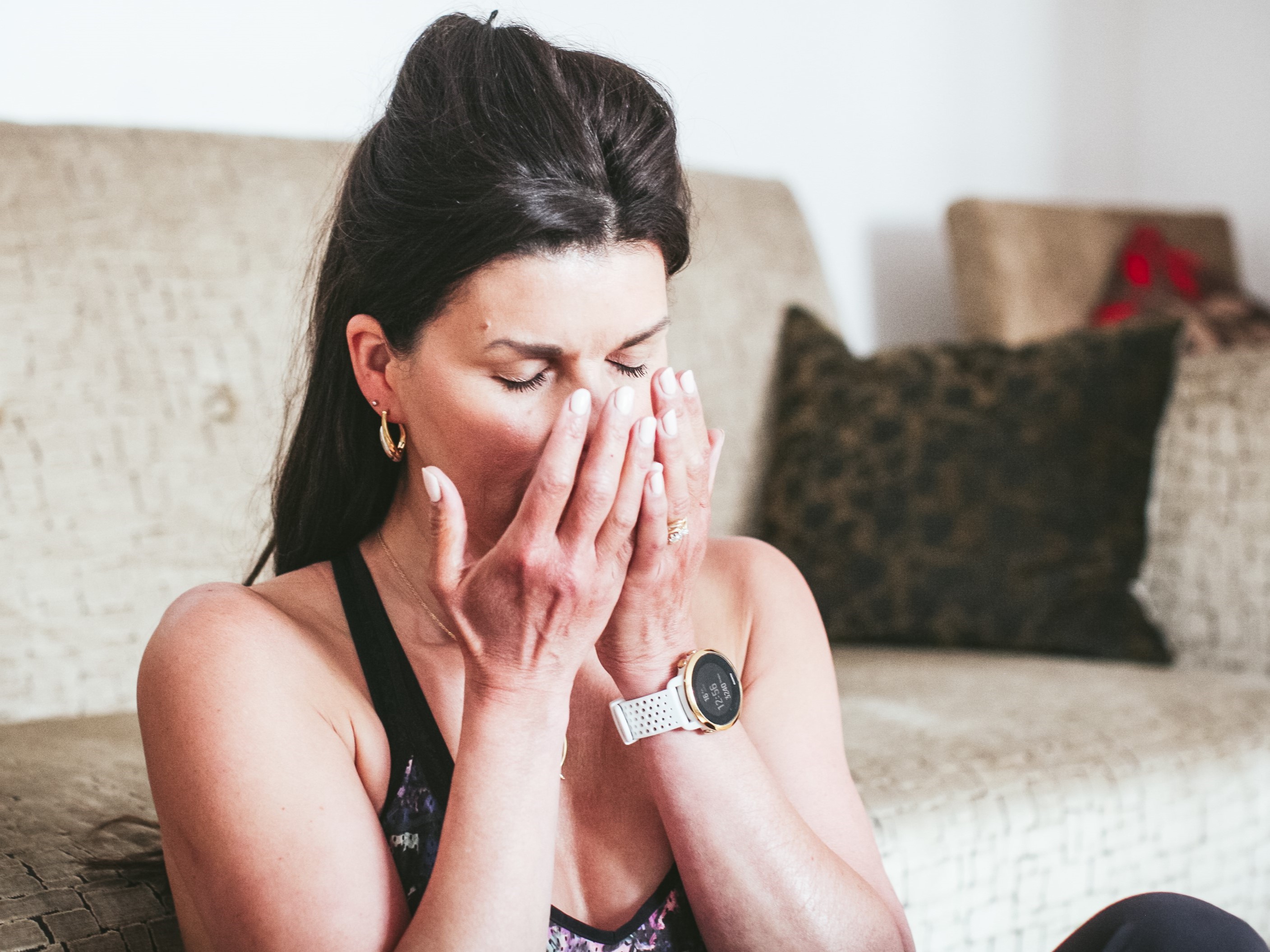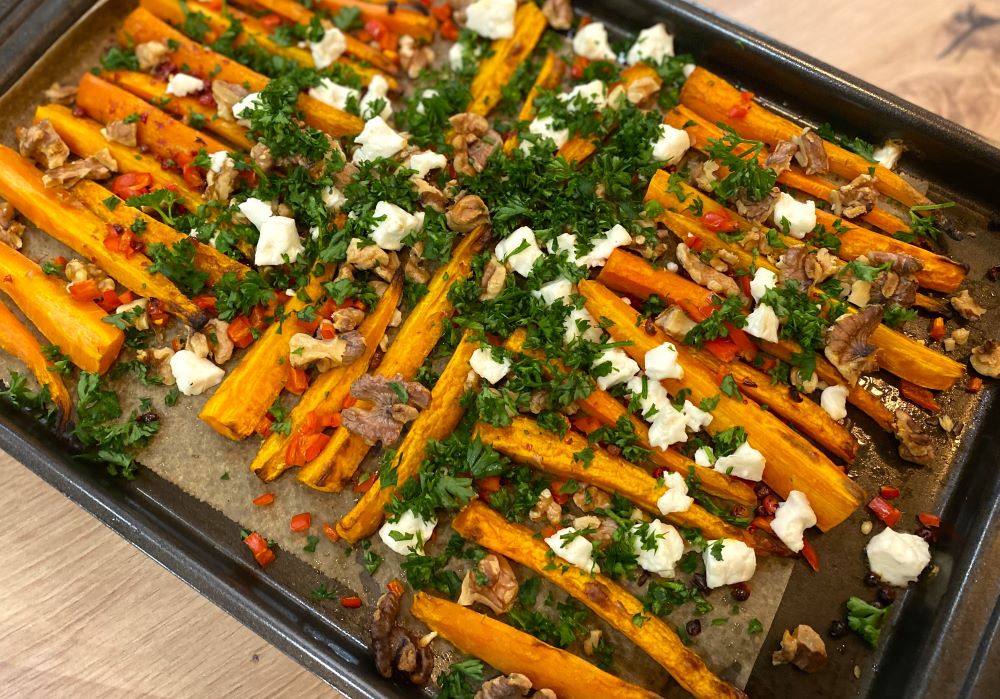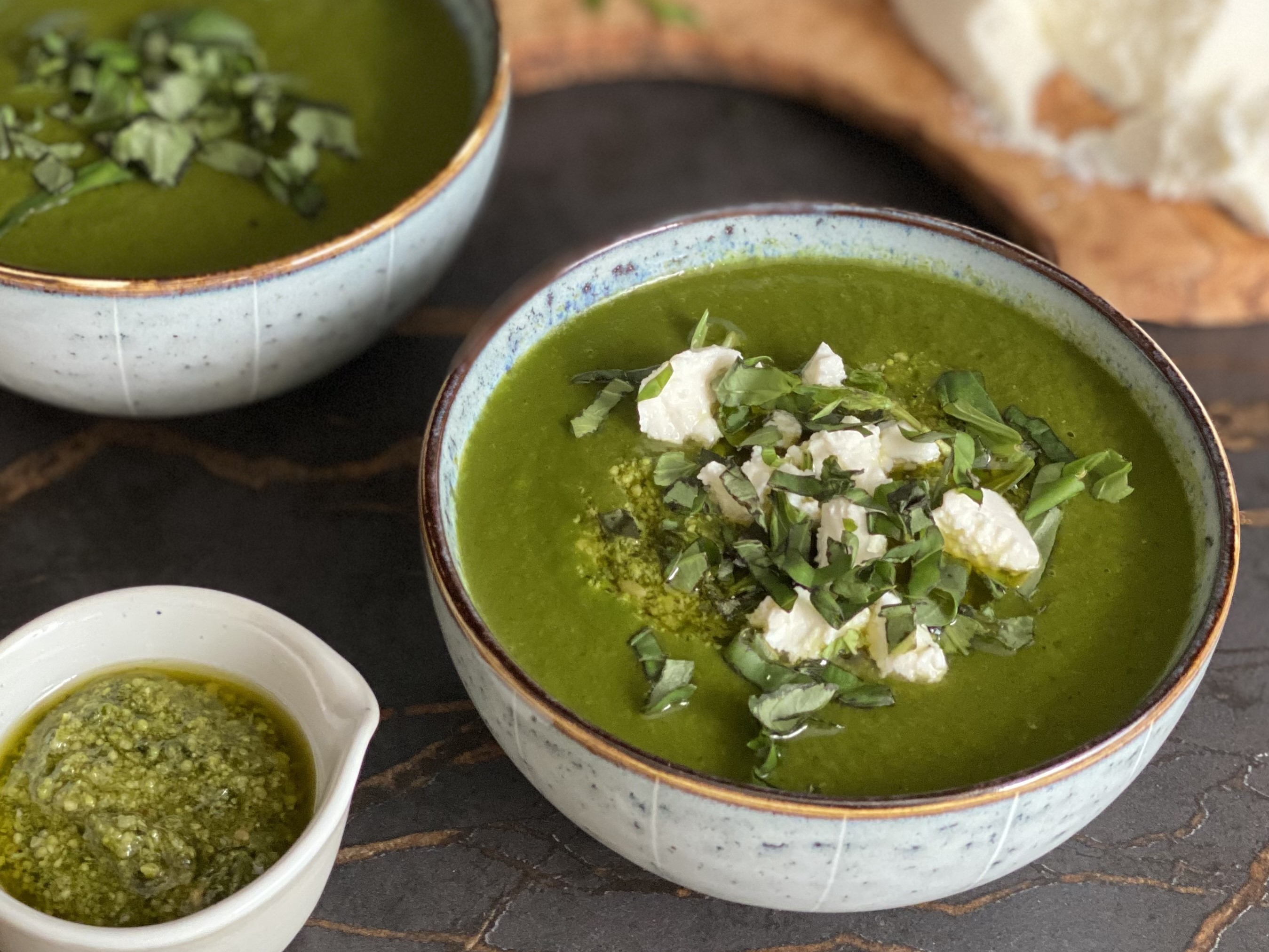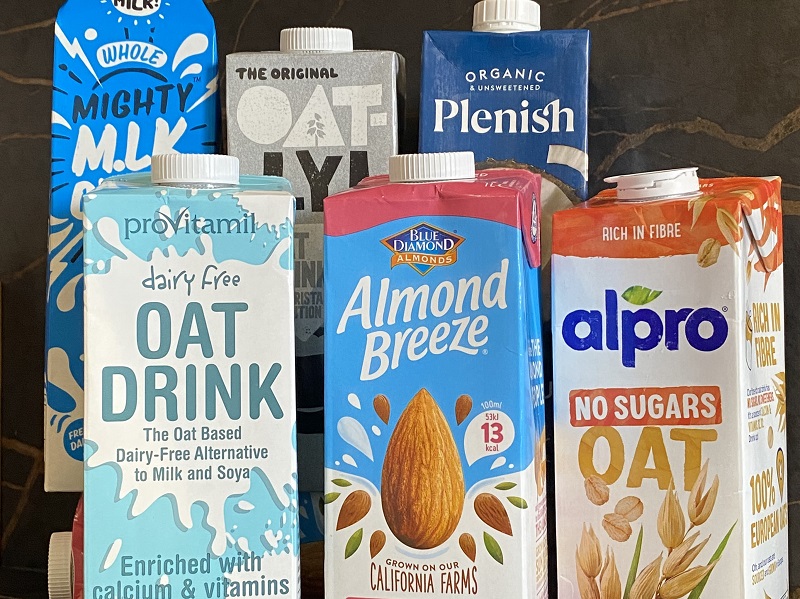Soya is in “everything” – seriously, it would probably be hard to find an aisle in the supermarket where there wasn’t a product containing it. Yet, sometimes when I suggest eating tofu to clients, especially those wanting to follow a plant-based diet, I’m met with concern; “doesn’t soya cause breast cancer?” or “isn’t it like taking oestrogen?” And, never mind that “real men don’t eat quiche” quip from the 1970s, some fear that soya products cause “man-boobs”!!!
If safety fears abound why should we even consider it?
Not only is soya a high quality source of protein, it is rich in fibre, essential fatty acids and minerals, especially iron, calcium, magnesium and potassium. Plus, if you’ve cut out animal products from your diet then soya is one of the highest-quality protein options for vegans and is fairly low in carbohydrate compared to other vegan protein sources.
Minimally processed foods like tofu, tempeh, edamame beans and miso contain all of these nutrients and can make a healthy dietary contribution for meat-eaters and vegans alike. And, anecdotal evidence from cultures where these foods are a dietary mainstay suggest that these foods may offer health benefits including, lower rates of obesity, diabetes and cardiovascular disease, improved bone density and a reduction in menstrual and menopausal symptoms. Important to note though, historically Asian and East Asian populations have eaten non-GMO soya products. Whilst there isn’t evidence to suggest that genetically modified soya is harmful, personally I feel wary so I always choose non-GMO, organic soya products.
So what about the “bad press”?
Firstly, not all soya products are created equally; the world is awash with highly processed and refined soya that has been sneaked into everything from salad-dressing to ice-cream. Soya is in crisps, frozen meals, bread, sauces, biscuits and most cakes. It’s still soya, but by the time it ends up in your Oreo biscuit it has been stripped of most of the good stuff! These kind of foods really don’t have any claim to being healthy, and, as most people aren’t even aware that they contain soya, they will not be checking to see if it is *non-GMO.
But what about the breast cancer and “man boob” fears?
Soya is high in isoflavones, belonging to a group of plant compounds known as phytoestrogens. Yes, the clue is in the name, these compounds are similar in molecular structure to oestrogen, meaning they can attach to oestrogen receptor sites! So the fear was that the phytoestrogens would cause breast cancer cells to grow, just as oestrogen does. However phytoestrogens are much, much weaker and current research shows that this mimicry is actually advantageous; phytoestrogens can block the receptor sites from the more biologically active oestrogen, effectively opposing it. Now researchers are looking at how these plant compounds could be used therapeutically; some studies have shown that genistein, the predominant isoflavone in soya, may inhibit the growth of cancer cells and therefore protect against breast cancer. Whilst breast cancer survivors may still feel nervous, consumed moderately there is no evidence to suggest that soya affects tumour growth or the risk of developing breast cancer or that phytoestrogens are anywhere near strong enough to have any feminising effect; increased abdominal fat is a much greater risk factor for men!
My thoughts
The safety of all the food we eat is something we need to keep under constant surveillance; new research emerges all the time and so it is important to be aware of current evidence and weigh up the risks. And these risks have to be considered alongside other dietary risks including restrictive diets, which do not deliver sufficient macro or micro nutrients and toxic substances such as alcohol.
Multiple nutrient deficiencies, including B12 and iron, are a real risk for those following a plant-based diet but when it comes to protein deficiency, the majority of female clients I see are protein deficient to some degree (vegans and meat-eaters). Eating enough protein is something I’ve frequently struggled with myself but, having suffered the consequences, I’m now super-aware. These days I always try to eat a really wide range of plant foods, aiming for between 30-40 different kinds of fruit and vegetables per week and a wide variety of quality protein sources too. As I would much rather eat something that has been grown in a field rather than grazed in one, I don’t feel I can “turn my nose up” at a great quality plant protein such as soya. But, my food shopping does not include processed foods containing hidden soya; my weekly basket contains organic tofu, tempeh, miso and edamame beans as these are the minimally processed soya products that I believe are not only safe, but a healthy addition to my diet.
*Most soya grown in the US is genetically modified for resistance to herbicides, and some is also engineered for a higher oil content.
